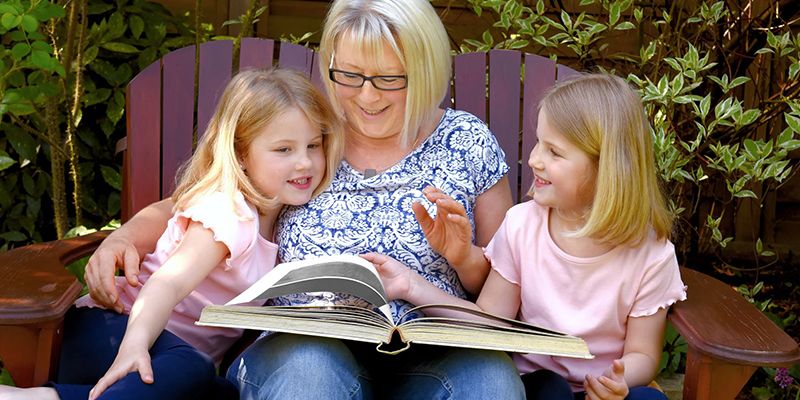
Digital inclusion as a right leaves me hopeful
Olivia Khan is a Rural Business graduate who worked at the Champions Board in South Ayrshire before moving to Berlin. Olivia stays connected to her care roots with a freelance role and in 2021 launched a creative project with a group of five young people. She makes the case for new tech friendly and tech literate care world.

More than a promise: the imperative to make change happen
Claire Burns, Director (Acting), CELCIS – Centre for Excellence for Children’s Care and Protection, marks the first anniversary of The Promise.

My journey from care leaver to author
On World Book Day UK, Kirsty Capes, author of the upcoming novel, ‘Careless’, and marketer at HarperCollins, discusses how her childhood experience in care led to a career in writing.

How Life Story Work can help care experienced children
In National Storytelling Week, Jennifer Bell, a social worker in a fostering team at North Ayrshire Council, with a special interest in Life Story Work, discusses why it’s vital for care experienced children to know about and understand their life journey.

Our Stories Matter: Telling Truths and Countering Stereotypes this World Book Day
This World Book Day UK, Callen James Martin, a writer and Submissions Coordinator at The Good Literacy Agency, discusses why it’s important for care experienced people to own their stories and how they can be better represented in books.

‘You can never get enough books into the hands of enough children’
On World Book Day UK, Kirsty Hill, Regional Director at the Dollywood Foundation UK, discusses why reading for pleasure is crucial for children’s futures.

The cost of the implementation gap for young people
Megan Sutherland is Vice Chair of Who Cares? Scotland. She recently moved home and found it wasn’t easy to register as exempt from paying Council Tax as a care leaver. Here she discusses what she feels needs to change for care experienced young people in Scotland.

Changing Landscape of Kinship Care in Scotland
Traditionally, kinship care has been viewed as a cheaper option secondary to fostering and adoption in terms of allowances, support and a lack of standardised practice across the country in how carers are assessed via an assessment framework, rigour and approval process.


